Discover Think from KERA
Think from KERA

Think from KERA
Author: KERA
Subscribed: 3,586Played: 292,755Subscribe
Share
© 071003
Description
Think is a daily, topic-driven interview and call-in program hosted by Krys Boyd covering a wide variety of topics ranging from history, politics, current events, science, technology and emerging trends to food and wine, travel, adventure, and entertainment.
2668 Episodes
Reverse
The U.S. has always told the world it is a protector of peace — even if that meant through violence. Michael O’Hanlon, Philip H. Knight Chair in Defense and Strategy at the Brookings Institution, joins guest host John McCaa to discuss the evolution of how the nation approaches defense – from fledgling republic to global superpower. His book is “To Dare Mighty Things: U.S. Defense Strategy Since the Revolution.”
Learn about your ad choices: dovetail.prx.org/ad-choices
The suspension of Jimmy Kimmel sent shockwaves across the TV landscape — but there are many other ways the FCC is using pressure to shape the media. Jim Rutenberg, writer at large for The New York Times Magazine, joins host Krys Boyd to discuss the role of the FCC during President Trump’s time in office, the degree to which the agency is able to regulate programming it deems too partisan, and why local stations face the brunt of the punishment. His article is “The MAGA Plan to Take Over TV Is Just Beginning.”
Learn about your ad choices: dovetail.prx.org/ad-choices
For decades, treaties meant war could be avoided if everyone just followed the law. Oona A. Hathaway teaches law and political science at Yale and is a nonresident scholar at the Carnegie Endowment for International Peace and the president-elect of the American Society of International Law. She joins host Krys Boyd to discuss why a golden age of treaties seems to be tarnishing, how the legal basis for entering conflicts is being conflated and reinterpreted, and how aggressive U.S. tactics are upsetting the world order – even among allies. Her op-ed in The New York Times is “The Great Unraveling Has Begun.”
Learn about your ad choices: dovetail.prx.org/ad-choices
As the federal government deploys thousands of ICE agents across the country, activists are finding ways to push back. Molly Hennessy-Fiske, national reporter for The Washington Post, joins host Krys Boyd to discuss how the killing of Renée Good has put new focus on the tactics protestors use, how tactics like tailing unmarked cars used by agents has put activists in murky legal territory, and what legal experts say about charges that could be brought against protestors. Her article is “They say they’re monitoring ICE arrests. Feds say they’re breaking the law.”
Learn about your ad choices: dovetail.prx.org/ad-choices
When was the last time you actually opened a dictionary and flipped through the pages to find the definition of a word? Journalist and author Stefan Fatsis joins host Krys Boyd to discuss how A.I. is changing the traditional dictionary, why dictionaries are more complicated and controversial than you might think, and how you might be able to get a word added to the record. His book is “Unabridged: The Thrill of (and Threat to) the Modern Dictionary.”
Learn about your ad choices: dovetail.prx.org/ad-choices
Members of Gen X are famously overlooked – maybe we’re sleeping on them? Writer Amanda Fortini joins host Krys Boyd to discuss how being a latch-key generation fostered creativity, why this generation is (finally) having an influence, and why it’s significant that Gen Xers had the last fully analog childhood. Her article “Is Gen X Actually the Greatest Generation?” was published in T Magazine.
Learn about your ad choices: dovetail.prx.org/ad-choices
One Democrat already seems to be priming himself for a presidential run against all things MAGA: Gavin Newsom. Helen Lewis, staff writer at The Atlantic, joins host Krys Boyd to discuss Newsom’s positioning as a leading candidate to run for president in 2028, his track record as governor of California and if Democrats are excited about his prospects. Her article is “The Front-Runner.”
Learn about your ad choices: dovetail.prx.org/ad-choices
First there was the Monroe Doctrine, now President Trump’s foreign policy approach is being dubbed the “Donroe Doctrine.” Joshua Keating is a senior correspondent at Vox covering foreign policy and world news with a focus on the future of international conflict. He joins host Krys Boyd to discuss why Trump believes the U.S. has a right to intervene in global affairs across the Western hemisphere, how that differs from his campaign promises, and what this strategy looks like for the remainder of his term. His article is “What actually is the ‘Donroe Doctrine’?”
Learn about your ad choices: dovetail.prx.org/ad-choices
Our complicated relationship with alcohol goes far beyond Dry January. Dr. Charles Knowles is professor of surgery at Queen Mary University of London, chief academic officer at the Cleveland Clinic London and a consultant colorectal surgeon. He joins host Krys Boyd to discuss his own problem drinking and the steps he took to finally stop, what science says about addiction, and how we can reset our own relationships with alcohol. His book is “Why We Drink Too Much: The Impact of Alcohol on Our Bodies and Culture.”
Learn about your ad choices: dovetail.prx.org/ad-choices
America’s pastime used to be baseball, but these days football is clearly king. Author Chuck Klosterman joins guest host Paige Phelps to discuss all things football – from the fervor of a Friday night high school game to a fan’s complicity in violence and injury – plus a look at what would happen if the sport faded away. His book is called “Football.”
Learn about your ad choices: dovetail.prx.org/ad-choices
The military action in Venezuela sent shockwaves around the world, but that is not the only hotspot with potential for war. Paul Stares is General John W. Vessey Senior Fellow for Conflict Prevention and director of the Center for Preventive Action, Council on Foreign Relations (CFR). He joins host Krys Boyd to discuss CFR’s annual conflict risk assessment survey, which looks at U.S. national security threats and potential areas for international instability in 2026.
Learn about your ad choices: dovetail.prx.org/ad-choices
Venezuela’s future looks uncertain, and the entire region is bracing for what comes next. Will Freeman is a fellow for Latin America studies at the Council on Foreign Relations. He joins host Krys Boyd to discuss Nicolás Maduro’s removal and the United States’ new bid for dominance in Latin America, what oil means for regional economies, and how Colombia, Cuba and other countries might meet this moment. His article in Foreign Affairs is “The Shock Waves of Venezuela.”
Learn about your ad choices: dovetail.prx.org/ad-choices
If you’re chugging orange juice or sipping chicken soup to battle colds, you might’ve been sold a bill of goods. Daniel M. Davis is head of life sciences and professor of immunology at Imperial College London. He joins host Krys Boyd to discuss the facts vs. myths of keeping your immune system healthy, why too strong an immune system might be detrimental, and the surprising remedies that actually work. His book is “Self-Defense: A Myth-Busting Guide to Immune Health.”
Learn about your ad choices: dovetail.prx.org/ad-choices
In an angry, polarized world, it’s good to remember the many benefits of a good laugh. Chris Duffy is a comedian and host of TED’s podcast “How to Be a Better Human,” and he joins host Krys Boyd to discuss the link between humor and innovation, how social bonds are formed over jokes and chuckles, and why humor is a key to a happy, healthy life. His book is “Humor Me: How Laughing More Can Make You Present, Creative, Connected, and Happy.”
Learn about your ad choices: dovetail.prx.org/ad-choices
A.I. is changing the way business is done in every industry — including the business of sex. Avantika Chilkoti, Global Business Correspondent for The Economist, joins host Krys Boyd to discuss how A.I. is affecting the pornography industry, which brings in billions of dollars annually, and to ponder whether computer-generated content will put human sex workers out of a job. Her article is “A.I. is upending the porn industry.”
Learn about your ad choices: dovetail.prx.org/ad-choices
There’s a fine line between a voracious hobby and an out-and-out obsession. David Greene, journalist, author and former host of NPR's Morning Edition, joins host Krys Boyd to discuss his dive into people’s personal obsessions, what drives us to latch on and grow certain fascinations and why so often these have nothing to do with the ways we make a living. His podcast is “David Greene is Obsessed” from Campside Media.
Learn about your ad choices: dovetail.prx.org/ad-choices
Binary thinking is black or white, on or off, good or bad – and our modern world requires a more nuanced approach. New York Times opinion columnist Thomas L. Friedman joins host Krys Boyd to discuss our modern age of global multipolarity and how we can start thinking in terms of “poly.” His article is “Welcome to Our New Era. What Do We Call It?”
Learn about your ad choices: dovetail.prx.org/ad-choices
One way to understand the intelligence of a species is if they can feel pain. Marina Bolotnikova, Deputy Editor for Vox’s Future Perfect, joins host Krys Boyd to discuss how scientists are coming to the conclusion that fish feel pain, why it’s so difficult to observe them in their natural environment and compare their nervous systems to that of a human’s, and why this study new information has deep ethical implications. Her article is “The surprisingly profound debate over whether fish feel pain.”
Learn about your ad choices: dovetail.prx.org/ad-choices
Of all the renewable energy sources, the one most overlooked might be the one to save us all. New Yorker staff writer Rivka Galchen joins host Krys Boyd to discuss geothermal energy, which pulls energy from the ground. And while it’s been used successfully in volcanic hotspots, we’ll consider why, as of yet, the U.S. has declined to invest or even encourage its development. Her article is “Why the Time Has Finally Come for Geothermal Energy.”
Learn about your ad choices: dovetail.prx.org/ad-choices
Neuroscientists have successfully altered memories in a lab, and yours could be next. Steve Ramirez, neuroscientist and associate professor of psychological and brain sciences at Boston University, joins host Krys Boyd to discuss how certain memories might be edited with pulses of light, what this means for people dealing with life-altering trauma, and how we figured out how to manipulate the mind. His book is “How to Change a Memory: One Neuroscientist’s Quest to Alter the Past.“
Learn about your ad choices: dovetail.prx.org/ad-choices



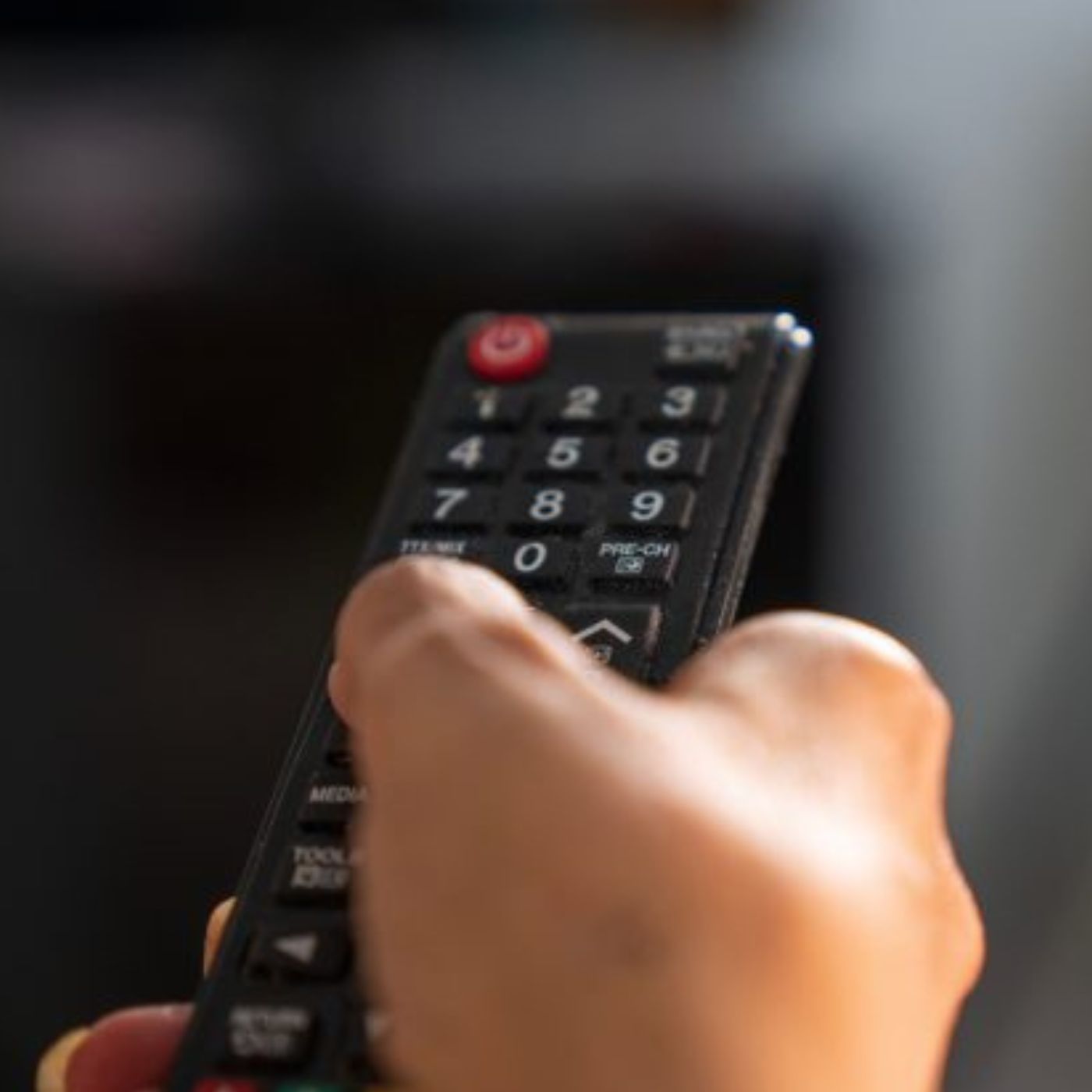
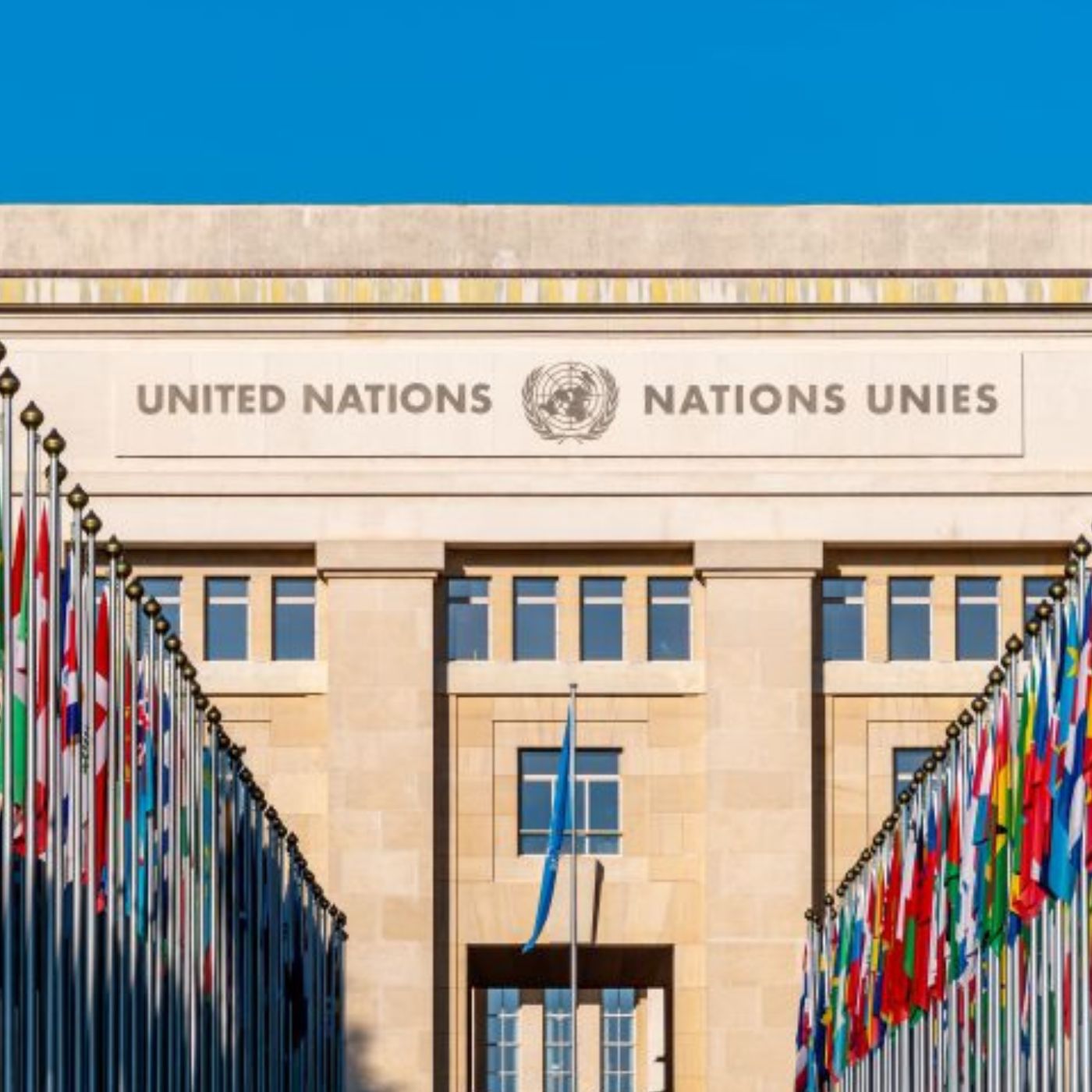
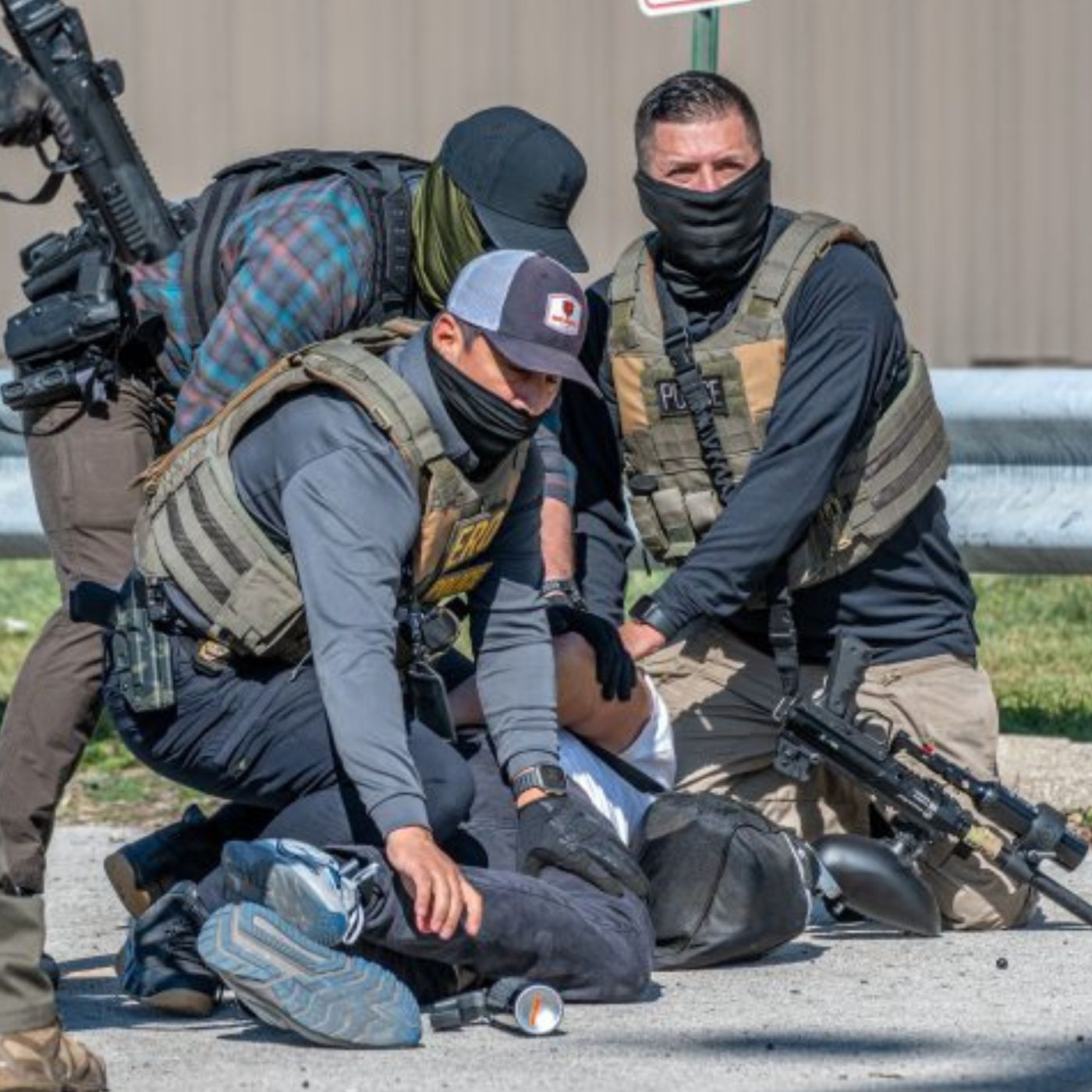
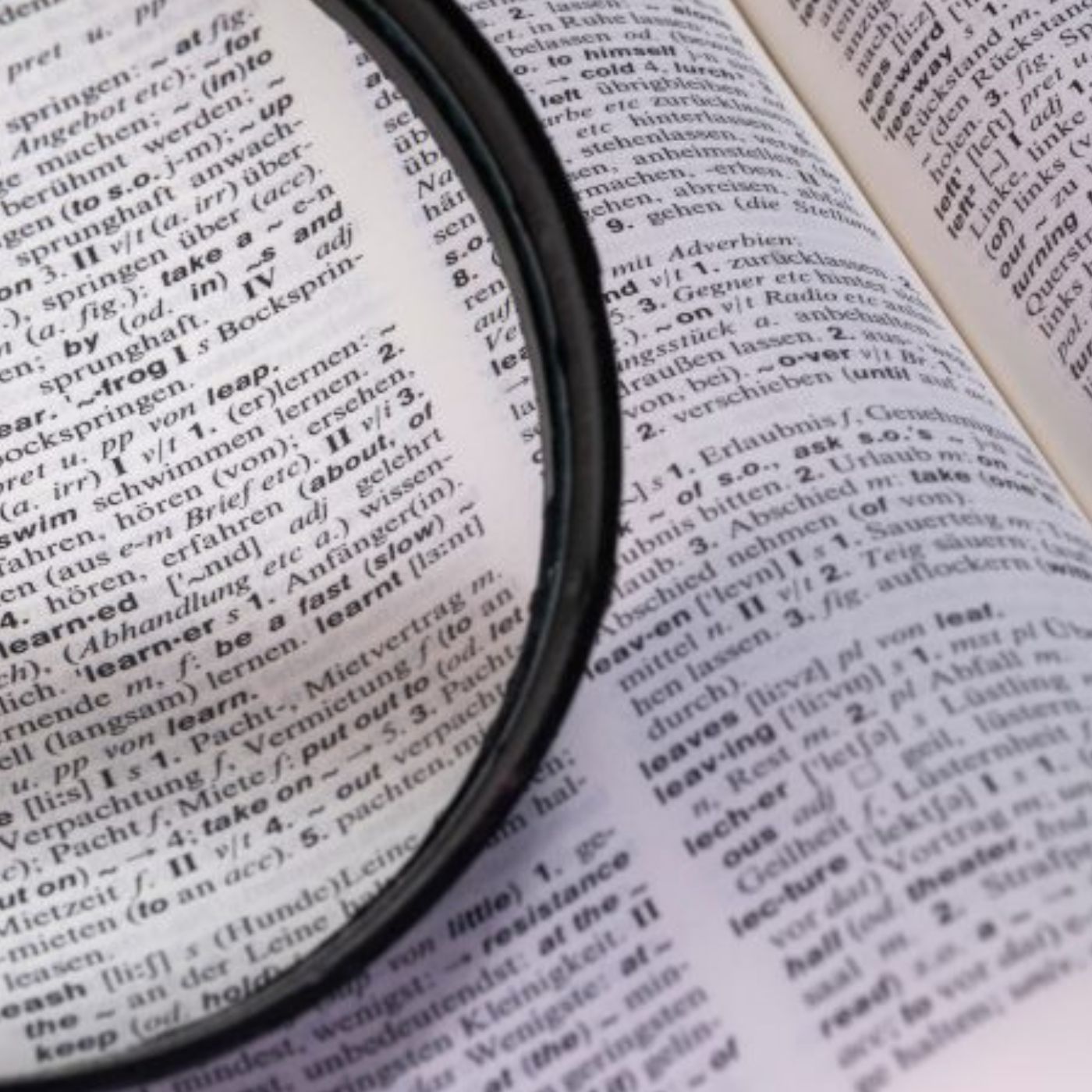

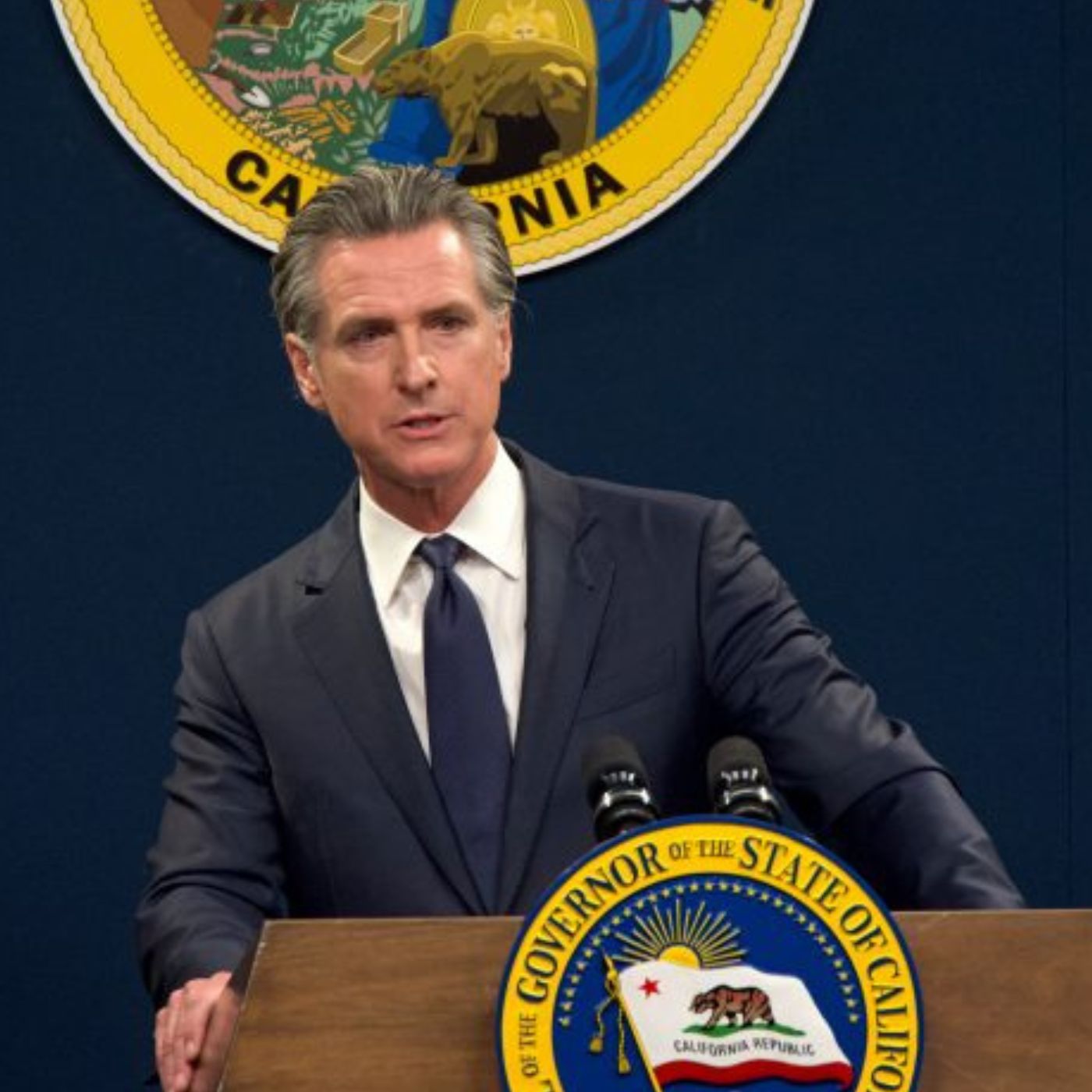
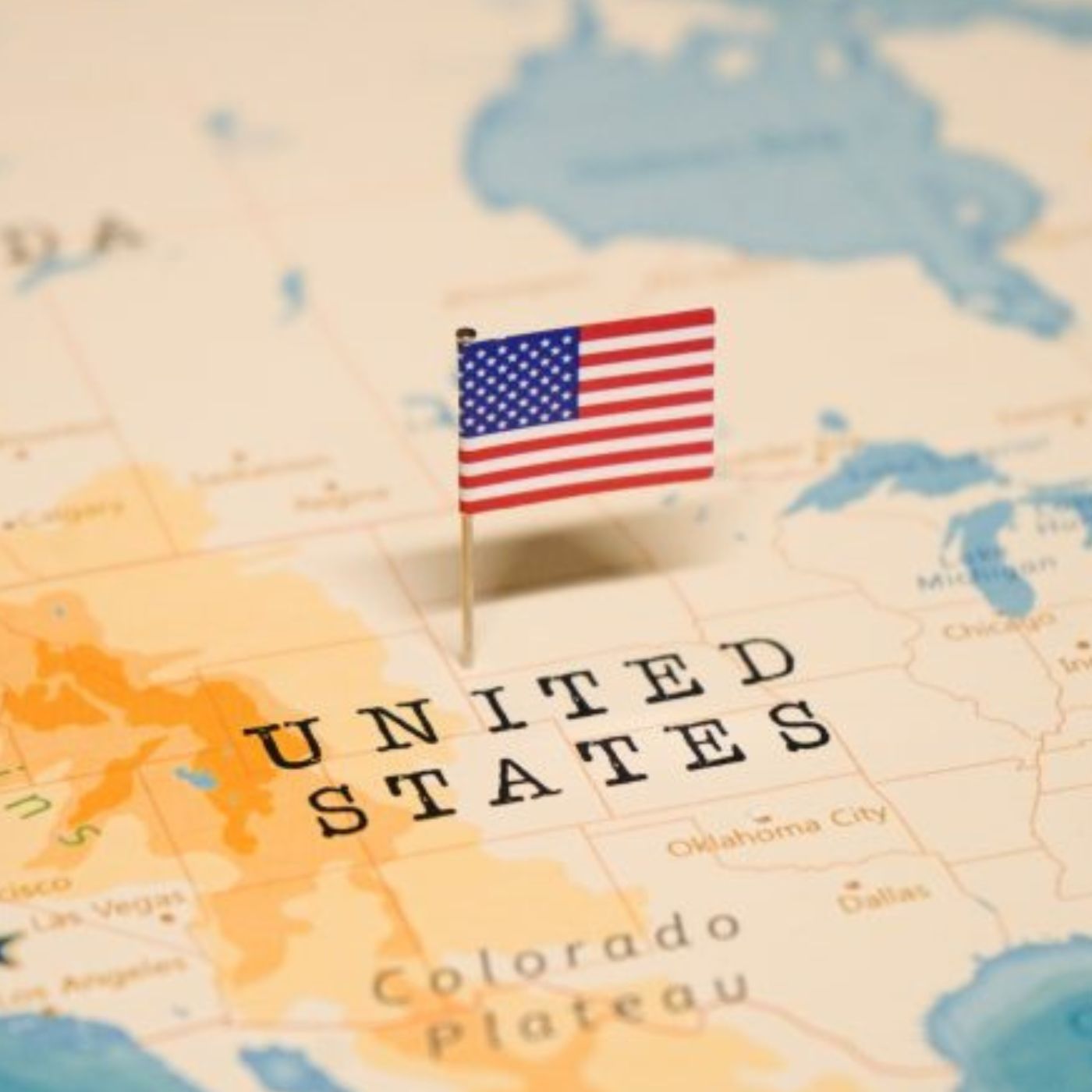


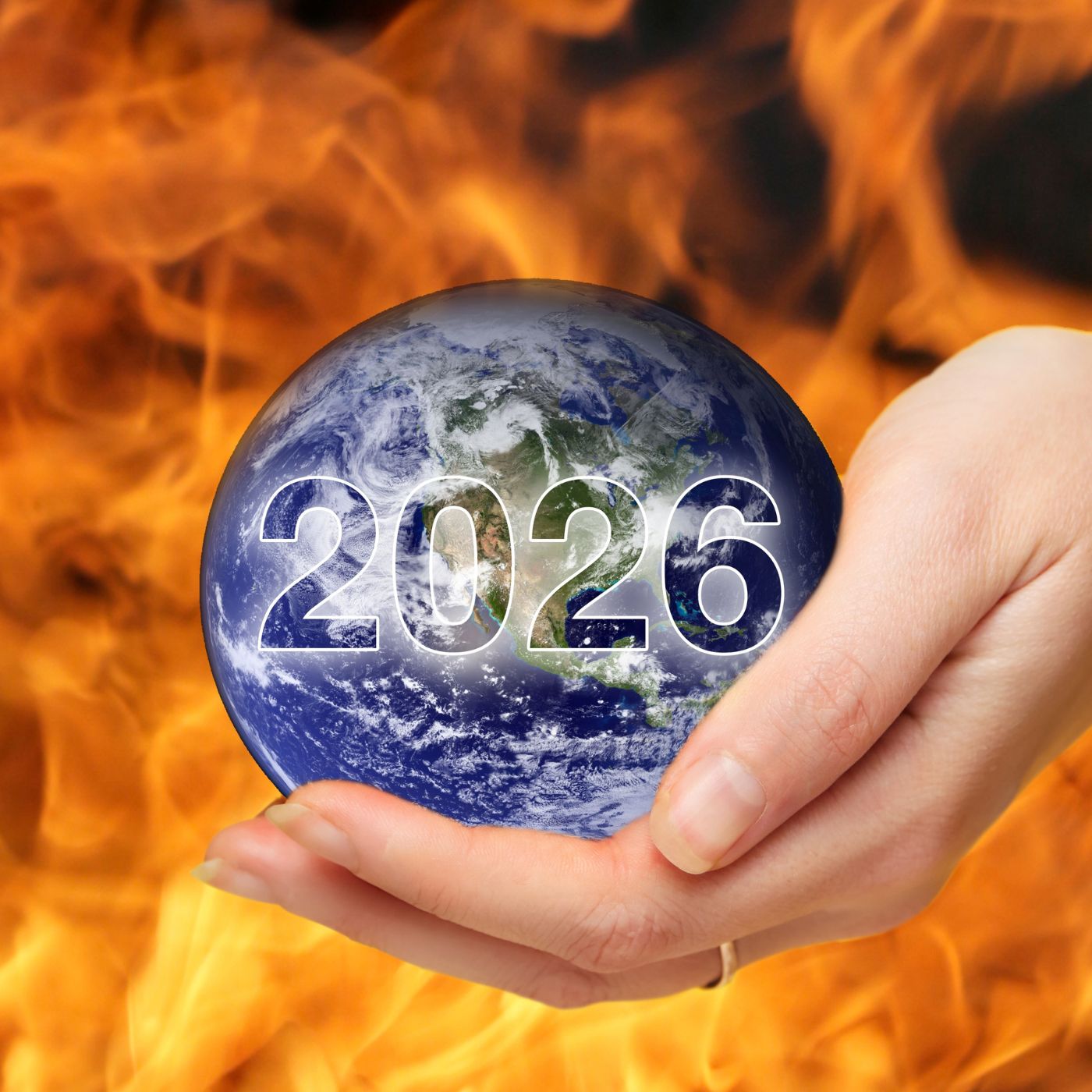




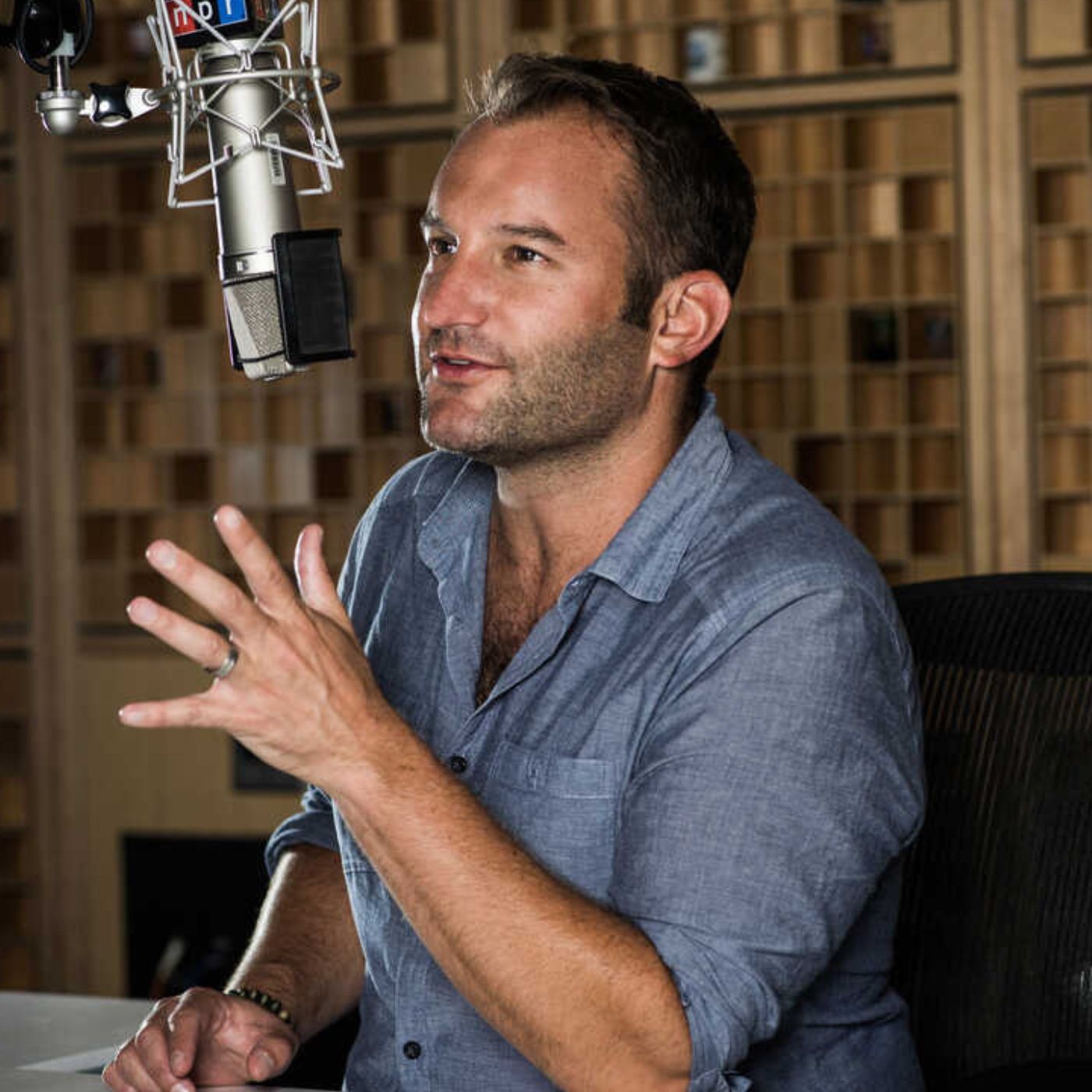
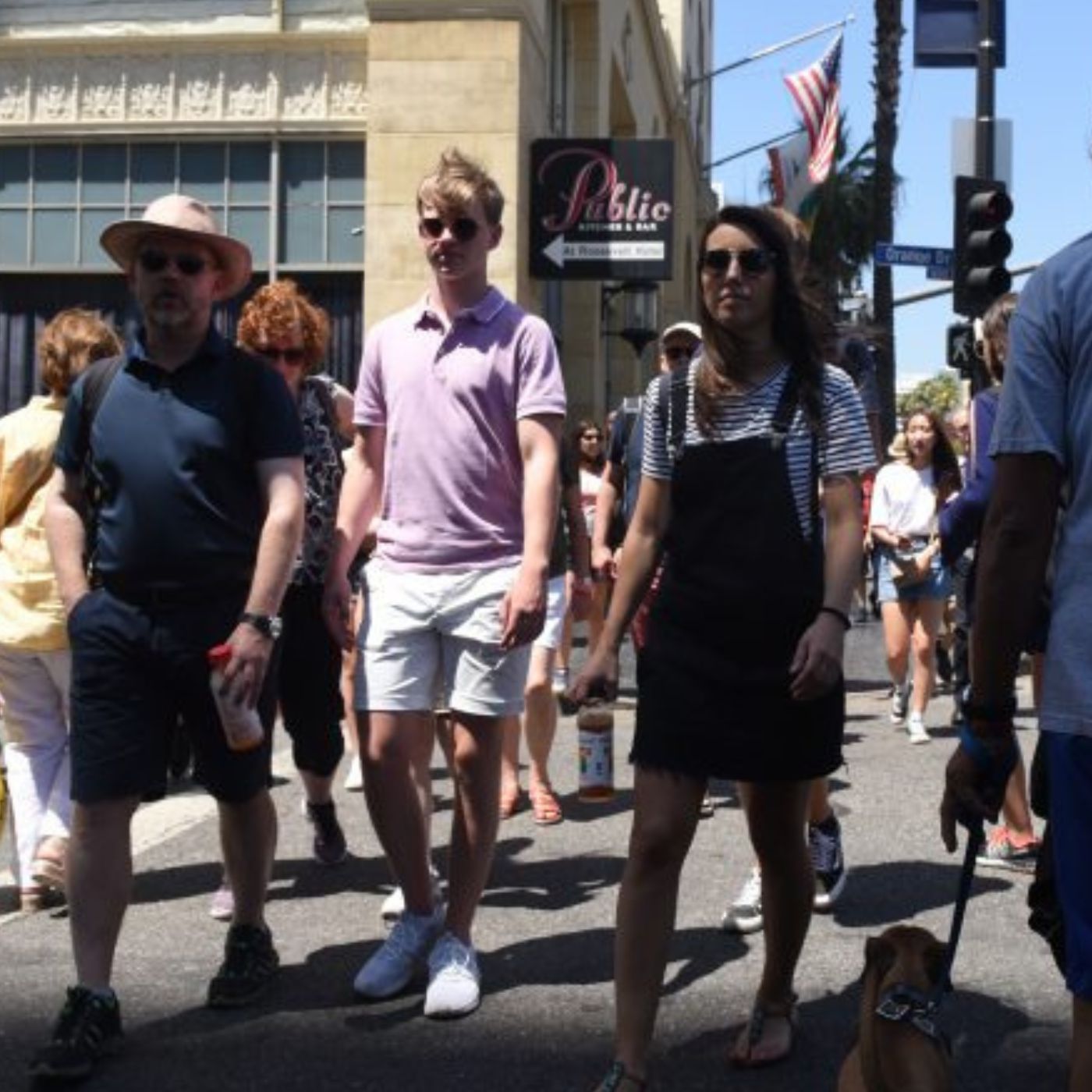






Welcome to https://1xbetsbd.com/ the best platform for all your 1xBet needs in Bangladesh. We provide easy access to the 1xBet download link, 1xBet app, and 1xBET APK for seamless betting experiences. Our website also offers detailed guidance on 1xBet registration and login, plus alternative and login links for uninterrupted access. Whether you're looking for the latest 1x bet updates or need help with 1x বাজি, we’ve got you covered. Enjoy the best free 1xBet app experience in Bangladesh, only at 1xbetsbd.com – your ultimate betting destination.
It’s really interesting to see how America is embracing online sports betting. It’s bringing a new level of excitement, especially for sports fans who want to add some stakes to the games they already enjoy. Betting platforms like https://1xbetbd.com offer a lot of options, making it easy to get started. However, I think it's important to remember to bet responsibly! Has anyone experienced any major changes in how they follow sports since the legalization of online betting?
Hi John - you need to get a better mic. It sounds like you're in a tunnel.
I'm only in my 30s and I've been diagnosed with it. gotta get shots to manage it (they don't really recommend the surgery anymore, at least within Kaiser Permanente)
LOVED this interview! Ms. Alter is so well spoken! can't wait to read her book!
A "social justice" college course is sponsoring this... Oh the the irony... What a joke!
Why are Republicans always wasting the Supreme court's time trying to repeal or modify anything that Democrats put into law? Do the Democrats do the same thing? And I thought the justices weren't suppose to be chosen based on their political views? What a corrupt Senate we have. Guess they're all praying with The Family for control of this country
The ACE (Adverse Childhood Experiences) research is clear about the long-term impact on children